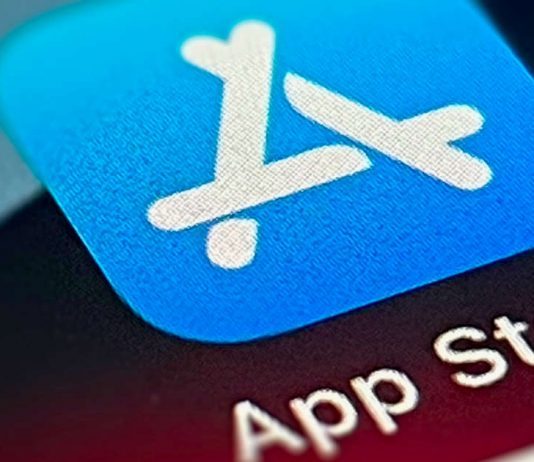Apple is preparing changes to allow third-party app stores on iOS in response to the EU’s recently passed Digital Markets Act (DMA). It doesn’t appear to be the only change coming to the company’s platform.
It looks like Apple will make great changes to iOS and the App Store for the first time. Bloomberg reports that the company is under pressure to open up more iOS features, such as the sideloading of apps and alternative app stores to install third-party apps.
In recent years, Apple has loosened its iOS restrictions considerably regarding what third-party developers can access. For example, apps can now work with Siri, read NFC tags, and offer alternative keyboards.
Currently, all iOS apps must use WebKit, Apple’s engine that powers Safari. Web browsers such as Google Chrome and Firefox are also available on iOS. Still, in reality, they are just Safari with Chrome and Firefox skins, and many voices call for the release of the search engine, saying that Apple’s restrictions may hinder the evolution of web browsers.
Bloomberg also reports that Apple is working to open up private application programming interfaces, also known as APIs, to third-party developers and apps.
Additionally, other private iOS APIs may be exposed in the future. This includes more camera controls and access to the iPhone’s NFC chip. Third-party apps can now read NFC tags, but Apple has banned them from acting as Apple Pay competitors.
In addition to these changes, Apple is reportedly considering opening its Find My network more to third-party accessories. Third-party manufacturers can already make their accessories available on the Find Network. However, competitors such as Tile have claimed that there are still many disadvantages compared to Apple’s accessories, such as AirTag.
Bloomberg also reports that Apple is preparing to allow iPhone and iPad users to install apps through alternative iOS app stores.
However, there are some things that Apple is stubbornly trying to protect. The company also reports that it has no plans to make iMessage compatible with other platforms. Even with sideloading, Apple intends to charge developers for access to iOS. It’s unclear how this price will be applied, although it’s likely to be in addition to the yearly $99 Apple Developer Program fee.
It’s unclear when all these changes will roll out to the general public, but some of them could start as early as next year’s iOS 17.
